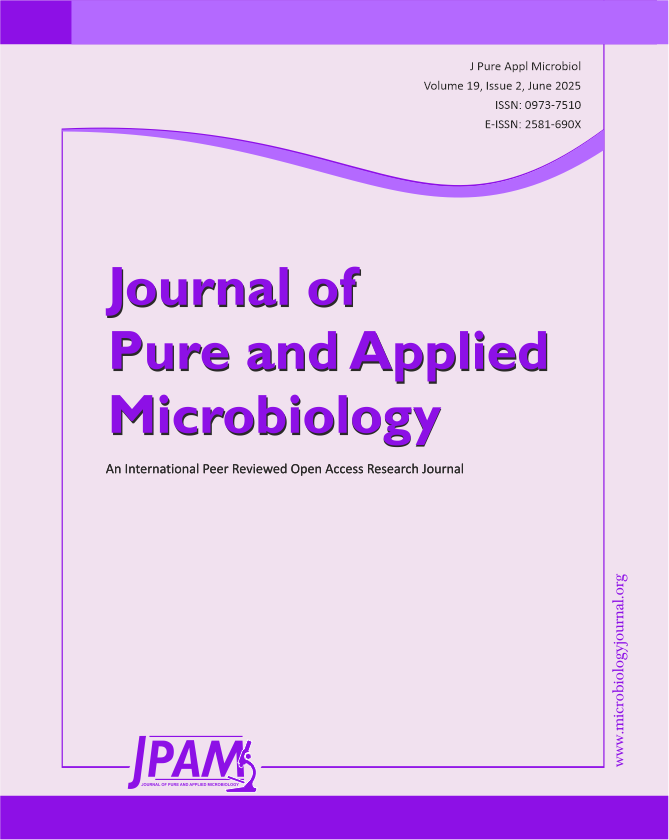Diabetes mellitus is known to be a long-term metabolic disorder identified by high blood glucose levels, affects millions of individuals worldwide, and considerably amplifies the risk of infections, including those caused by fungi. Fungal infection is considered a silent killer and the number of cases is increasing globally. This review explores the complex relationship between diabetes and fungal infections, emphasizing the elevated risk and severity of these infections in diabetic patients. Elevated blood glucose levels and impaired immune function in diabetic individuals create an environment favorable to fungal growth, leading to fosters conditions favorable to infections, from minor to severe systemic cases. Commonly occurring fungal pathogens such as Candida, Aspergillus, and dermatophytes are discussed, along with their clinical implications and treatment challenges. The article also includes case studies from diverse geographic regions that underscore the prevalence and severity of fungal infections in diabetic populations. It has been observed that the pharmacokinetics of antifungal agents are greatly impacted by diabetes and cause alteration in drug absorption, distribution, and metabolism. Prevention and management strategies, including strict glycemic control, regular screening, hygiene practices, and patient education, are emphasized to mitigate the risk of fungal infections. This review calls for ongoing research and the development of new antifungal treatments tailored to diabetic patients to improve outcomes and enhance patient care.
Fungal Infection, Diabetes, Candida, Aspergillus, Dermatophytes
© The Author(s) 2025. Open Access. This article is distributed under the terms of the Creative Commons Attribution 4.0 International License which permits unrestricted use, sharing, distribution, and reproduction in any medium, provided you give appropriate credit to the original author(s) and the source, provide a link to the Creative Commons license, and indicate if changes were made.


